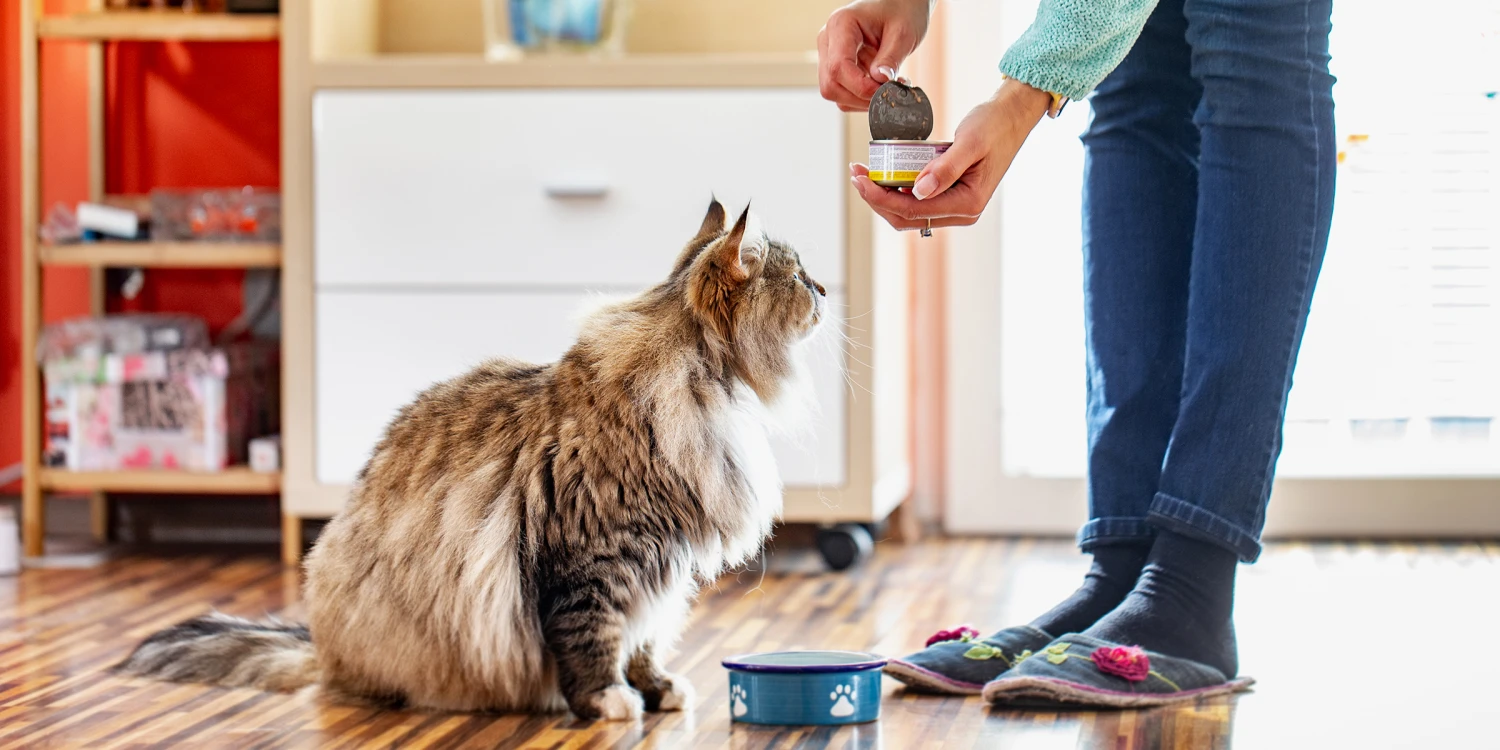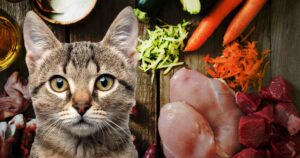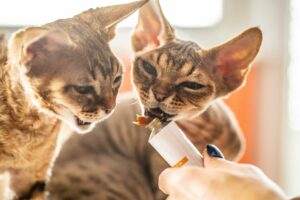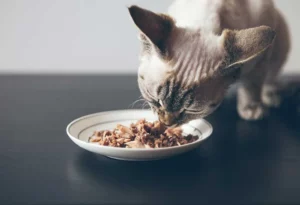to suggest
Ensuring your feline friend has a long and healthy life starts with a balanced diet. Just like humans, cats need a variety of essential nutrients to thrive. Let’s delve into the complexities of cat nutrition and discover how you can tailor a diet to meet the unique needs of your furry companion.
Learn more about cat food
Essential nutrients for cats
As obligate carnivores, cats’ health depends largely on specific nutrients. Protein is essential for muscle development, while fat provides energy and supports skin and coat health. Although carbohydrate metabolism is limited, certain carbohydrates are necessary for healthy digestion.
The role of vitamins and minerals
In addition to macronutrients, cats need a precise mix of vitamins and minerals. These micronutrients contribute to a variety of bodily functions, including bone health, vision and immune system support.
Assessing your cat’s nutritional needs
Age-specific considerations
As your cat ages, his nutritional needs change. Kittens need more calories and protein to grow, while adult cats need a balanced diet to thrive. Older cats, on the other hand, may benefit from a diet that addresses underlying age-related issues.
Activity level and race differences
Consider your cat’s activity level and breed characteristics when determining appropriate calorie intake. Active cats may need more energy and certain breeds may have specific dietary preferences.
Choose the right cat food
It’s important to know how to read cat food labels. Look for high-quality protein as the main ingredient. When choosing between wet and dry food, take your cat’s preferences and health into account. Although some owners prefer homemade cat food, commercial options usually meet basic nutritional standards.
The importance of hydration
Cats are notorious for not drinking enough water. Increasing their hydration by feeding them wet food not only facilitates water intake but also mimics the moisture content of their natural prey.
Common dietary mistakes to avoid
overfeeding
Resist the temptation to overfeed your cat, as excess weight can lead to a variety of health problems. Develop a portion control program based on your cat’s age, weight and activity level.
Inadequate portion control
Accurate portion control is crucial. The nutritional guidelines on cat food packages provide a useful starting point, but consultation with your veterinarian can ensure a personalized approach.
Ignoring food allergies and sensitivities
Take into account your cat’s possible allergies and sensitivities. Common culprits are certain proteins or grains. If you notice an adverse reaction, consult your veterinarian to identify and eliminate the offending ingredient.
homemade cat food
While homemade cat food is an option, it requires careful planning. Ask your vet for advice to ensure your DIY method provides a balanced nutritional profile.
launch new food
When introducing new foods to your cat’s diet, do so gradually to avoid digestive problems. Check for side effects and consult your vet if you have any questions.
Special considerations for cats with health problems
For cats with certain health problems, such as kidney disease or diabetes, dietary adjustments may be necessary. In some cases, a prescribed diet for a specific health condition plays a crucial role.
The importance of regular veterinary checks
Regular veterinary examinations are essential to monitor your cat’s overall health. Discuss the diet with your vet and receive personalized recommendations based on your cat’s specific needs.
Solve weight management problems
Recognize the signs of overweight and obesity
Obesity in cats is a common problem that can have serious health consequences. Recognize signs of being overweight or obese, such as lethargy, difficulty grooming and behavioral changes.
Implement a weight management plan
If your cat is overweight, work with your veterinarian to create a weight management plan. This may involve adjusting the diet and incorporating more play and exercise into the cat’s daily routine.
Cat food: friend or foe?
Although treats can be a pleasant addition to your cat’s daily routine, he…
Ideas arise.
finally
By feeding your cat a balanced diet, you are investing in his long-term health and happiness. By understanding their nutritional needs, choosing the right foods, and addressing personal issues, you can ensure your feline companion thrives.
Frequently Asked Questions
Can I feed my cat a vegetarian diet?
Although cats are pure carnivores, it is not recommended to serve them on a strict vegetarian diet. Consult your veterinarian for suitable alternatives.
How do I encourage my cat to drink more water?
Adding water to dry food or offering wet food can increase your cat’s water intake. Also provide fresh water in a clean bowl.
Is Homemade Cat Food Safe?
With proper planning, homemade diets can be safe. Check with your vet to be sure your homemade cat food meets nutritional needs.
What should I do if my cat is a picky eater?
Try different textures and flavors of cat food. If the problem persists, consult your vet to rule out any underlying health problems.
Is it normal for cats to occasionally vomit after eating?
Occasional vomiting may be normal, but frequent vomiting may indicate an underlying problem. If you have any concerns about your cat’s digestion, contact your veterinarian.



